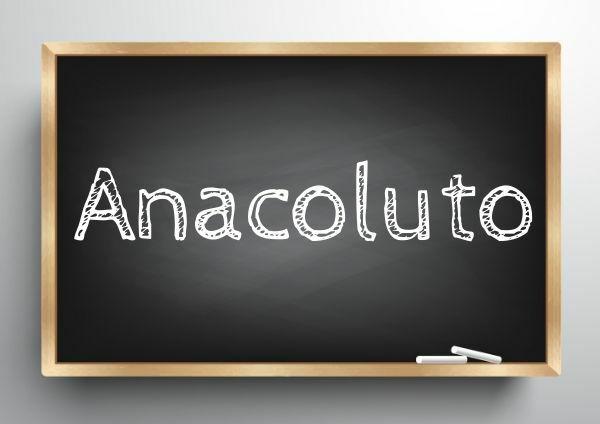Although the term in question “apparently” does not turn out to be familiar, it is known that it is characterized by a linguistic feature in which one word is used in place of another. And when we mention linguistic resources, we feel involved by the notion related to figures of speech, whose intent is simply to give greater expressiveness to the speech.
In order to vehemently clarify how such resource materializes, we will use as representative examples the linguistic excerpts shown below:
“To the sound of the sea and the light of the deep sky”. (Osório Duke Estrada)
“Smoking a thoughtful cigarette”. (Eça de Queiroz)
“... in each eye a brown scream of hate." (Dalton Trevisan)
The shoe does not fit the foot.
The skirt no longer fits me.
When analyzed, we found that actually one word was used in place of another, that is, the adjective “deep” that is attributed to the sky, in fact, should be attributed to the sea. No different also occurs with the others, since “thoughtful” reveals a human action, as well as “brown”, which is actually related to the eye and not the scream. Not forgetting that it is the foot that does not fit into the shoe, as well as the person that does not fit into the garment, not the other way around... And so there follows an infinity of cases of this same nature.
Do not stop now... There's more after the advertising ;)
Therefore, we identified: it is a psychic process, similarly to another linguistic resource - now represented by synesthesia - which is reveals by the correspondence between different senses or sensations, such as the bittersweet perfume (mixture of two sense organs: smell and taste). However, it should also be mentioned that such characteristic is linked to factors not only of a semantic order, but also syntactic, that is, is, the fact of attributing to a noun a quality or property belonging to another, which is very close through the context prayer.
This statement becomes even more expressive when contextualized to the words of massaud Moses, pictured in your Dictionary of Literary Terms, which define hipalage as follows:
"It constitutes a rhetorical device according to which a determinant (article, adjective, nominal complement) it changes the place that it would logically occupy with a given (noun) to be associated with a other". (...)
By Vânia Duarte
Graduated in Letters
Brazil School Team
Grammar - Brazil School
Would you like to reference this text in a school or academic work? Look:
DUARTE, Vânia Maria do Nascimento. "A Study on Hypalage"; Brazil School. Available in: https://brasilescola.uol.com.br/gramatica/um-estudo-sobre-hipalage.htm. Accessed on June 28, 2021.

